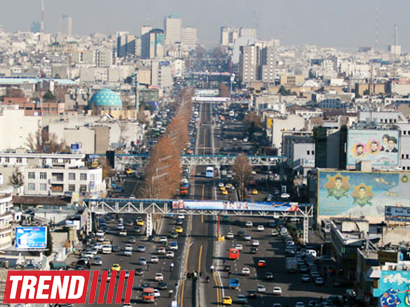Iran has ramped up its campaign to import wheat, buying more than 800,000 tonnes in two weeks in what some traders said was a drive to ensure adequate supplies for a possibly tense period after Friday's election, Reuters reported.
This is the first presidential poll since a disputed 2009 contest led to months of unrest in the oil-producing country of 75 million people.
Traders believe Tehran has paid a significant premium for at least 200,000 tonnes of wheat this week, adding to the previous week's purchases of 600,000 tonnes of bread-making wheat and 60,000 tonnes of animal feed wheat from Germany and the Baltic and Black Sea regions.
Some traders said 300,000 tonnes or more of 12.5 percent protein wheat - suitable for bread - may have been bought in the latest purchases.
"The pace of buying has been truly incredible," a European trader said. "Iran is still looking for more."
Iran, once a wheat exporter, is forecast to need at least 3 million tonnes of imports in the season starting in summer.
"Iran has a large supply requirement with market talk that its harvest is not as good as expected," a European trader said.
The latest deals were believed to be for shipment in August, September and October, traders said.
"Iran's elections are among their considerations for these purchases and they want to ensure they have sufficient stocks after the outcome," a Middle East-based trade source said.
Other Middle Eastern countries, including Tunisia, have also made special efforts to ensure sufficient supplies of wheat at times of political uncertainty to avoid bread shortages.
The 50 million eligible voters in Iran had a choice on Friday between six candidates to replace incumbent Mahmoud Ahmadinejad, but none is seen as challenging the Islamic Republic's 34-year-old system of clerical rule.
The European Union and the United States have imposed sanctions aimed at discouraging Tehran's nuclear programme. Iran insists that its atomic programme is for peaceful purposes.
The sanctions do not target food or animal feed shipments, but financial measures have frozen Iranian companies out of much of the global banking system, which have hindered payments.






